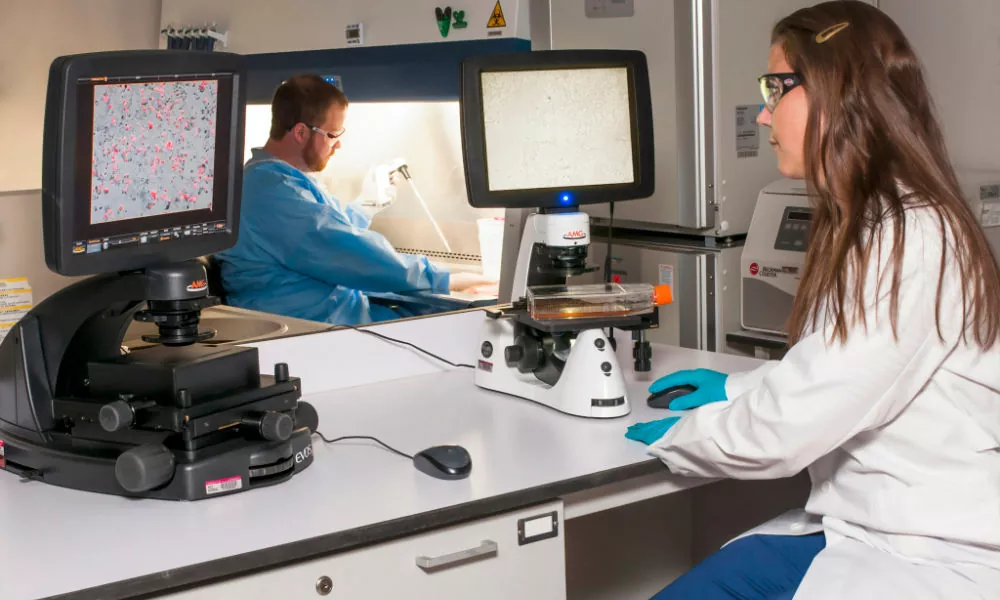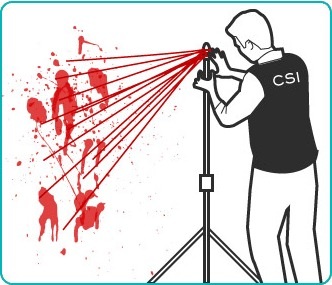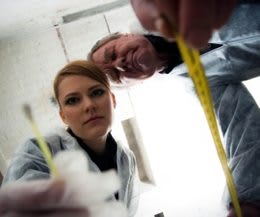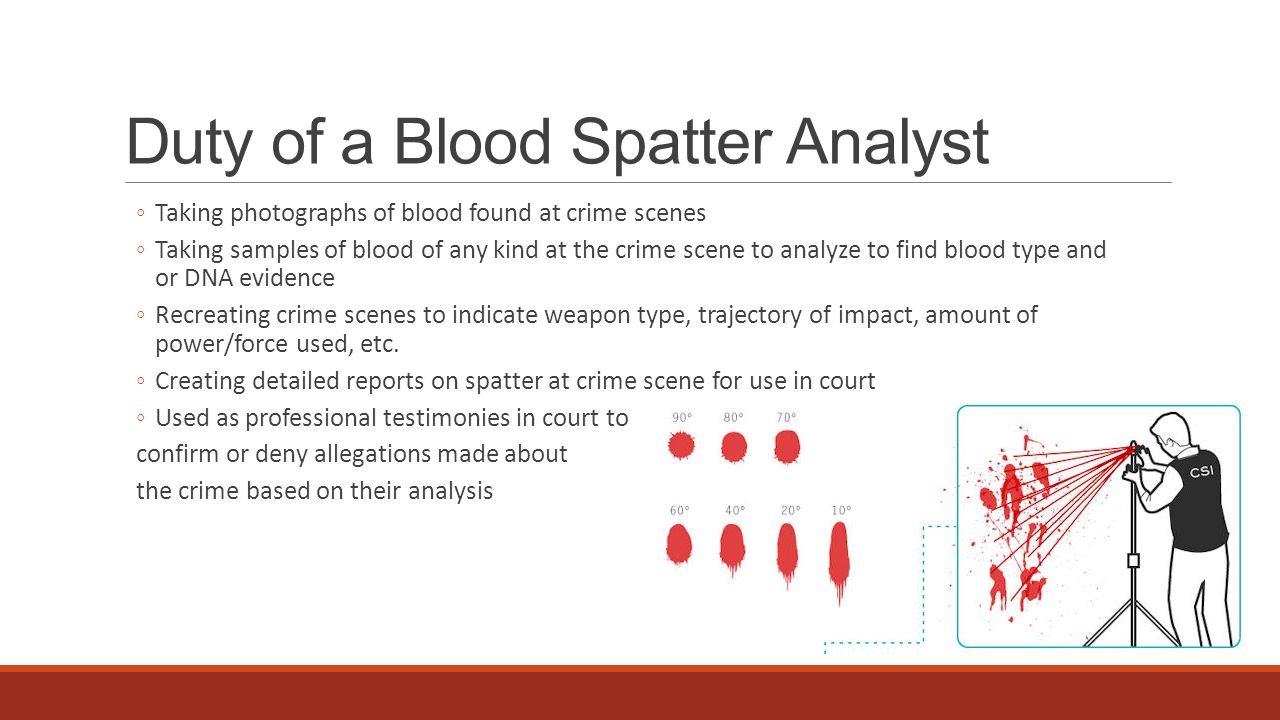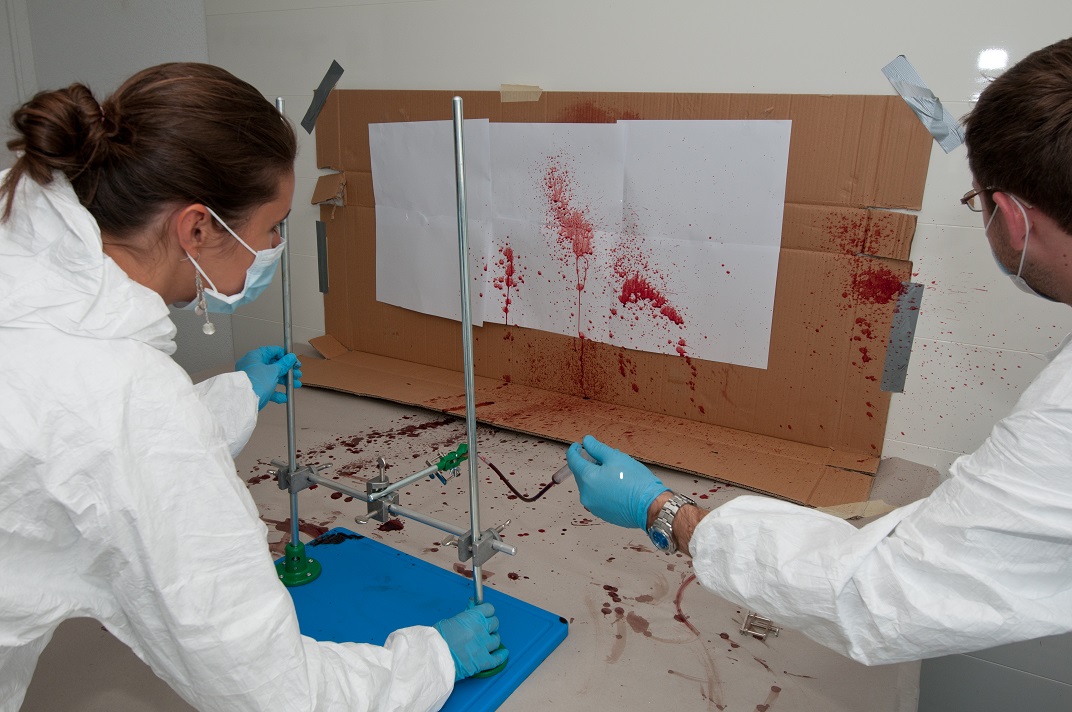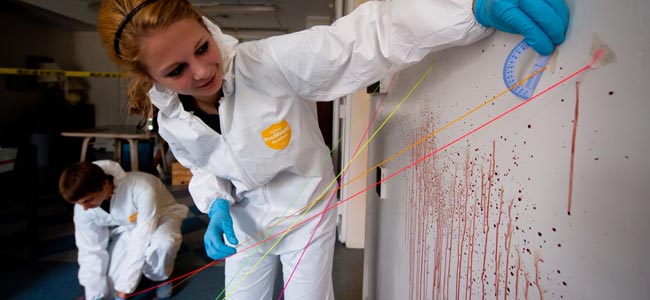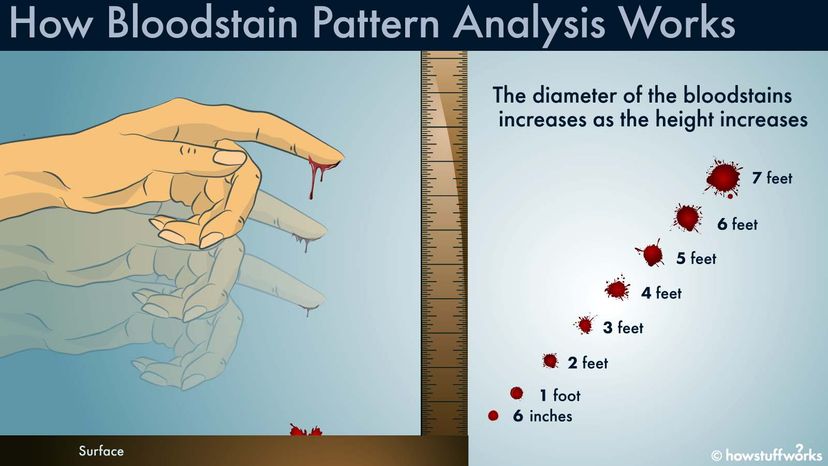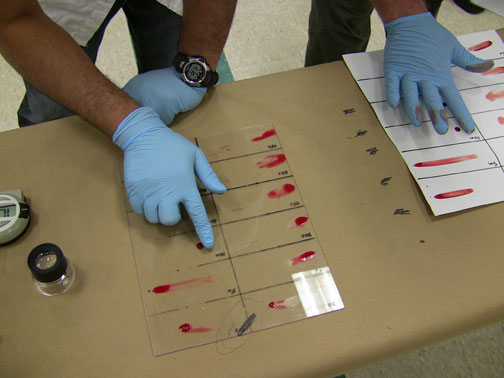Underrated Ideas Of Info About How To Become A Blood Spatter Analyst
![Career Journal #6 Blood Spatter Analyst - Jonathan =]](https://www.liveabout.com/thmb/7OW2Kajt6ypXZ5QsucOvLrtEB2Q=/1000x1000/smart/filters:no_upscale()/bloodstain-pattern-analyst-job-information-974465-FINAL-5bf4617a46e0fb002671d958.png)
Blood spatter analysts need a bachelor’s degree in biology, chemistry or similar field.
How to become a blood spatter analyst. The cost of earning a bachelor’s degree can range anywhere between a little over $11,000 to more than. Analysts usually need a bachelor's degree in business administration, math, engineering, economics, computer science, or a related discipline. Although the forensic science field employs a relatively small number of people, heavy crime.
Apr 11, 2019 · the first step in becoming a blood spatter analyst is to complete the required education for a forensic science degree. Focus on courses in data mining,. How to become a blood analyst.
In order for an individual to become a blood spatter analyst, they must first seek a bachelor’s degree from an accredited college or university. How to become blood spatter analyst complete step by step career guide how to become blood spatter analyst modern forensics applies both the technology and. Blood analysts often begin their careers by earning a bachelor's degree from an accredited college or university in subjects such as chemistry, biology, criminal justice or forensic science.
Take majors in forensic science if possible, though it is not necessary to specialize in forensic science at the undergraduate level to become a blood spatter analyst. Although a specific major or degree is not. The blood spatter analysis course involves taking a blood sample from the victim and analyzing it to find out the types of blood cells that were present.
To become a blood spatter analyst, you must first complete the necessary education for a forensic science degree. To become a blood spatter analyst, you must earn an education and complete rigorous training. Take majors in forensic science if possible, though it is not necessary to specialize in forensic science at the undergraduate level to become a blood spatter analyst.
How long does it take to become a blood spatter analyst? Earn a degree in natural science, such as biology, chemistry or forensic science. A graduate degree is usually necessary.
/bloodstain-pattern-analyst-job-information-974465-FINAL-5bf4617a46e0fb002671d958.png)
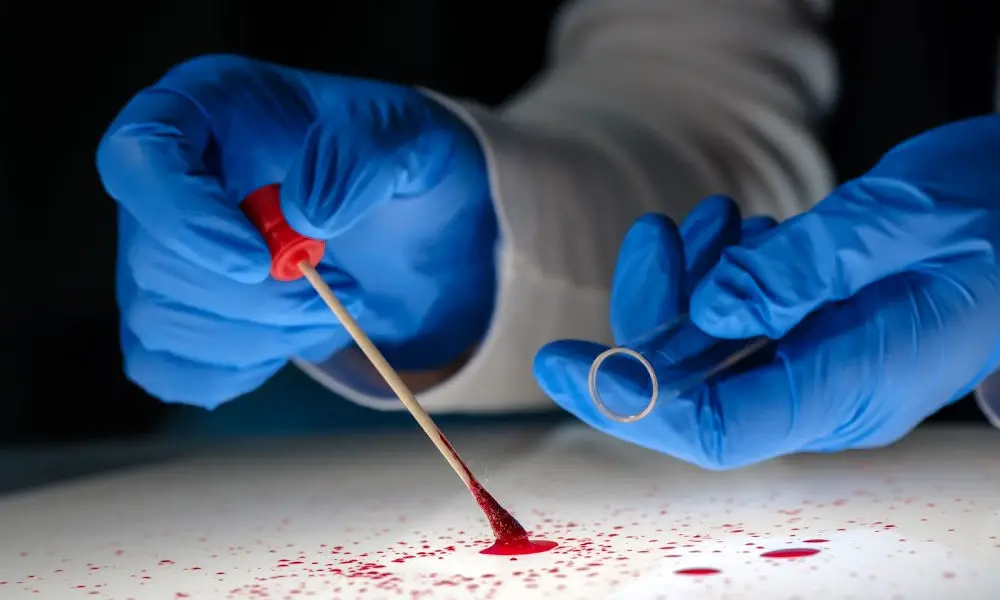

/bloodstain-pattern-analyst-job-information-974465-FINAL-5bf4617a46e0fb002671d958.png)
![Career Journal #6 Blood Spatter Analyst - Jonathan =]](http://jterraza.weebly.com/uploads/6/0/8/7/60878457/header_images/1443982867.jpg)
